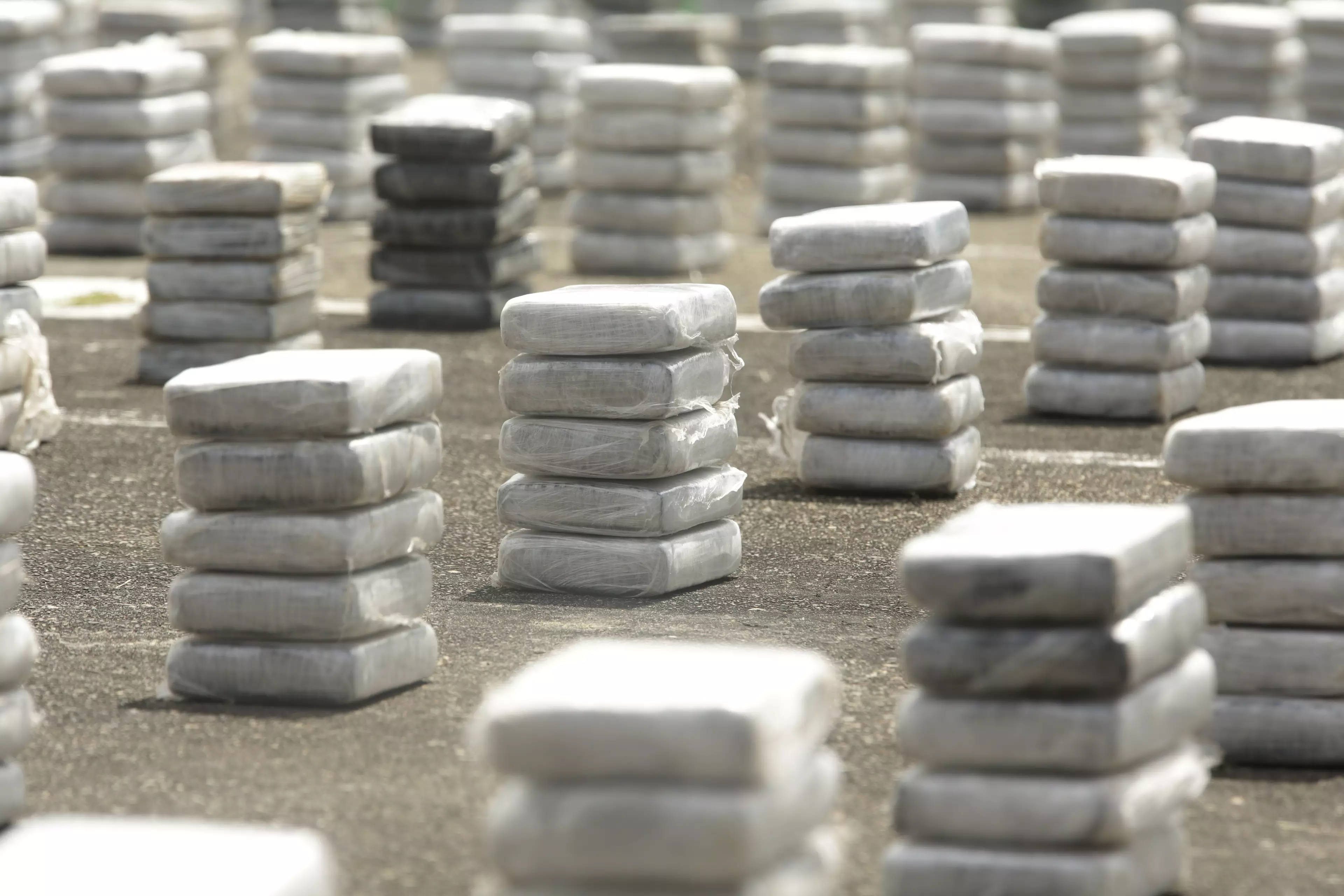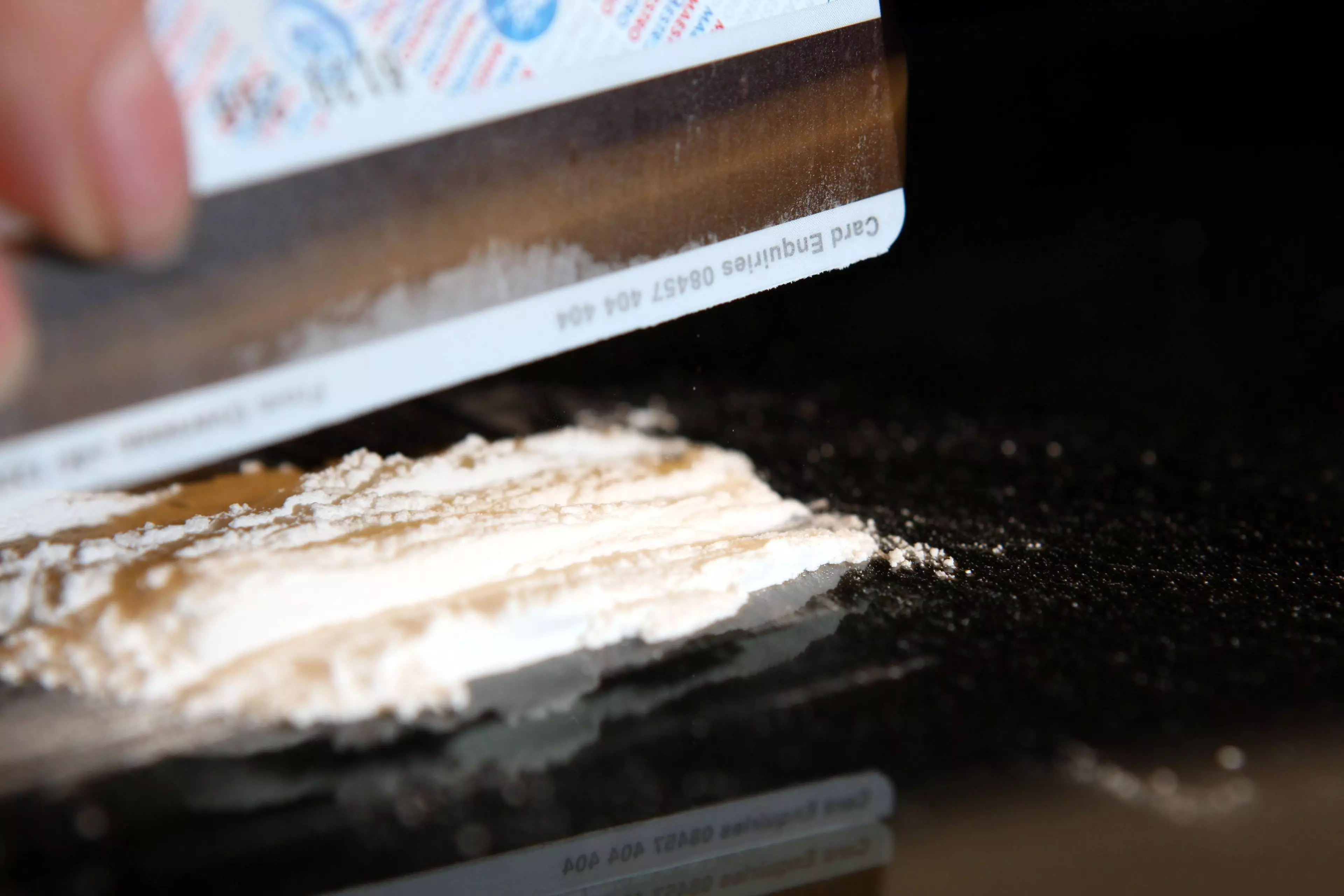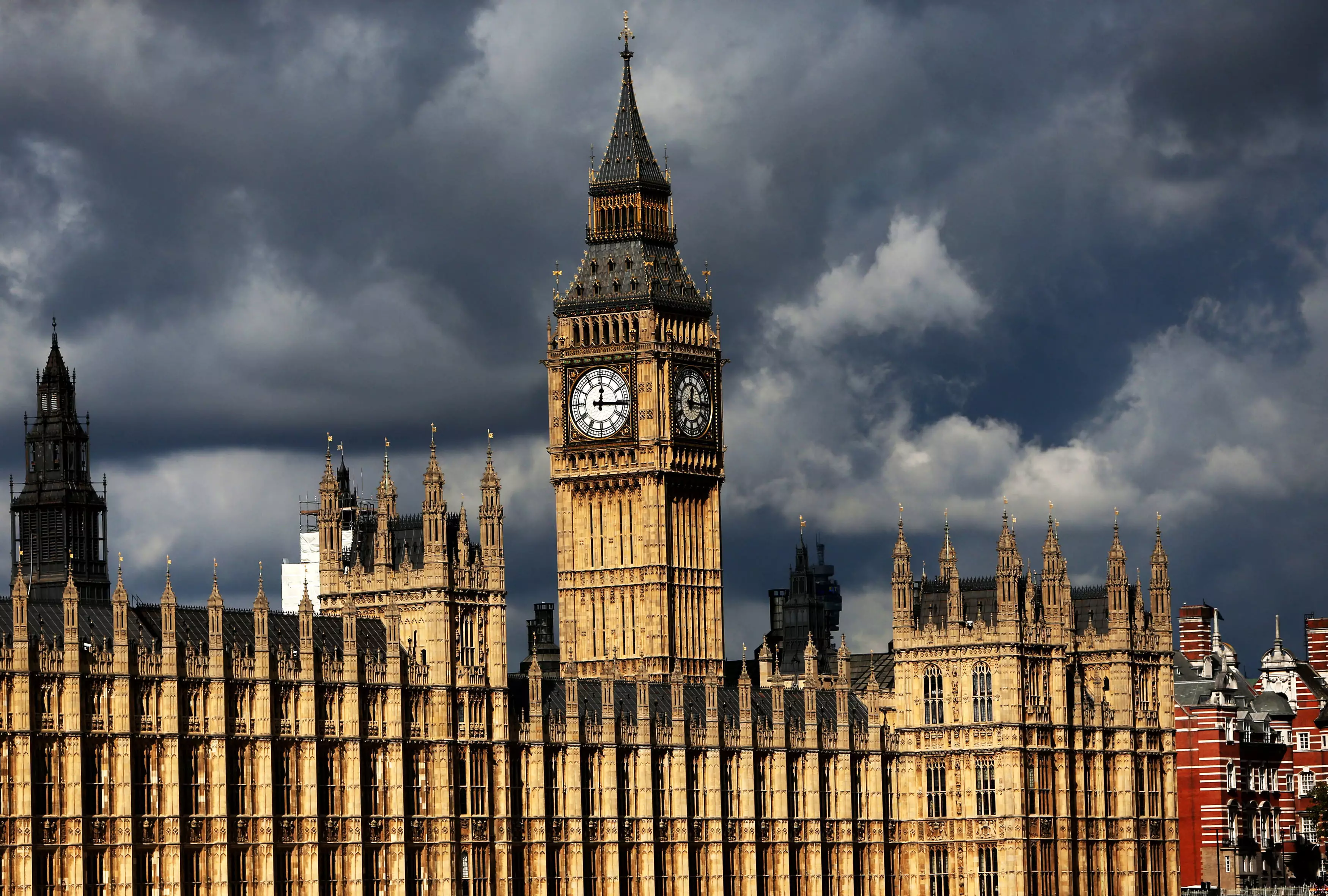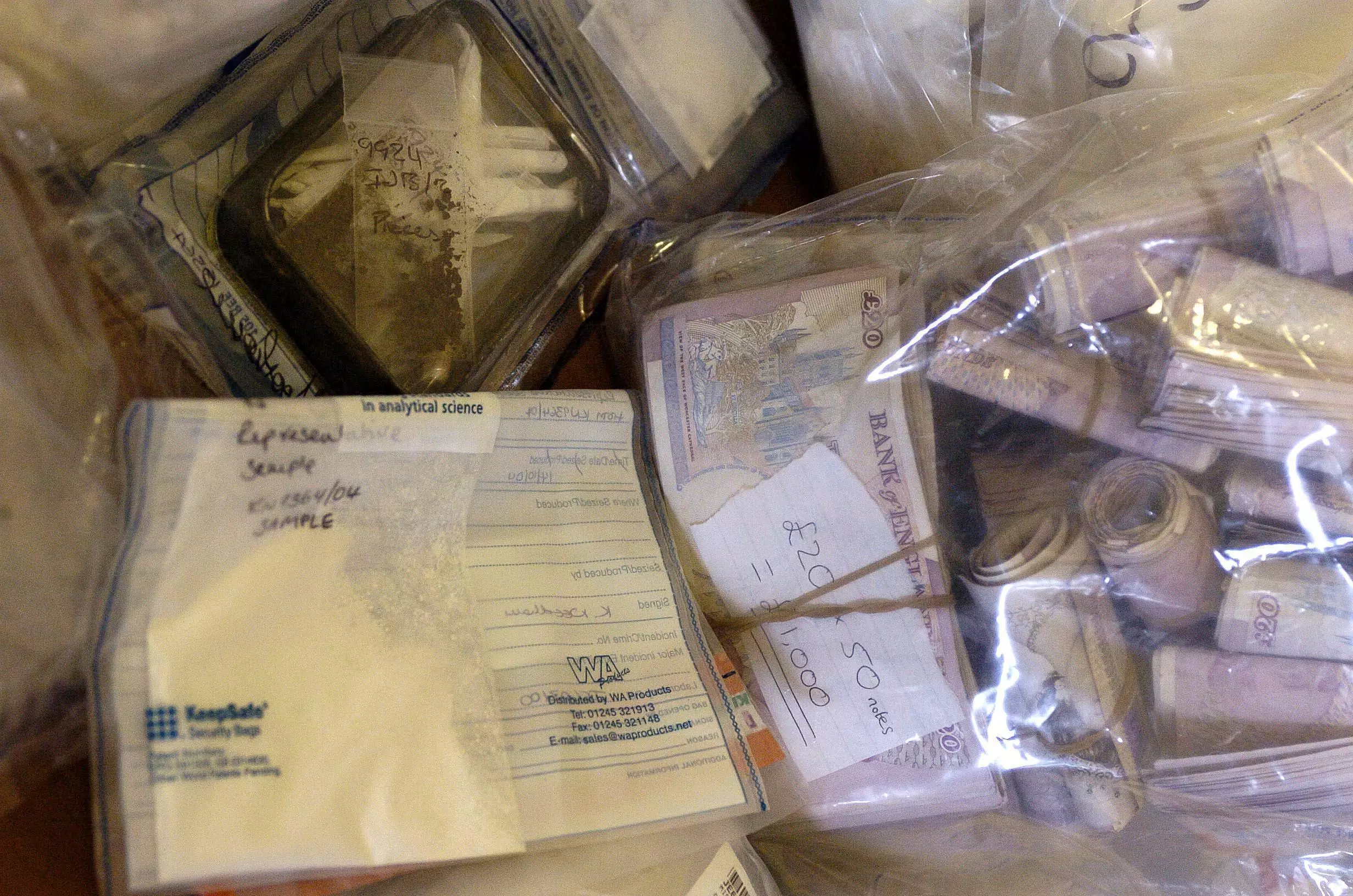
Ever since President Nixon and the United Nations declared a global 'war on drugs' in 1971, the UK has spent billions attempting to stem the relentlessness tide of illicit pills, powders and plants breaching the shores. Despite this, the number of people using drugs has exploded. New research, published by the British Medical Journal (BMJ) in November, concluded that the war on drugs has completely failed.
Yep, unless the overall aims of the global 'war' on drugs were to increase the harms associated with illicit substances, divide communities, alienate police forces, discriminate against certain social groups, hinder scientific research, destroy careers, allow criminals to acquire vast wealth, fund wars and terrorism, increase the spread of infectious diseases and make it mildly difficult to get into festivals, we all fucked it. And, since none of those (apart from discriminating against certain social groups) were aims of the original policy, we definitely fucked it hard.
Recommending that drug addiction should now be treated as a medical issue rather than a criminal one, the report argued that 'prohibition and stigma encourage less safe drug consumption and push people away from health services'. Researchers writing in the journal called for penalties against drug users to be scrapped and a regulated market to be introduced.
Is it true? Are the laws surrounding drugs making them more dangerous for us all? TheLADbible spoke to Dr Adam Winstock, consultant psychiatrist and the founder of the Global Drug Survey, who told us about how the UK's unregulated drug market can lead to dangerous fads.

Credit: PA
Advert
"Trends are changing," he said. "Legal highs have kind of been and gone - synthetic cannabinoids [such as Spice] are the only ones that have really hung around. The quality of some drugs in the UK has got better in the past three years; particularly MDMA but also cocaine."
Dr Winstock added: "Coke getting better isn't necessarily a good thing for people who like doing coke. For example, better quality coke generally means that you are probably going to use a bit more, you could get more agitated and you become more likely to end up in hospital."
Is snorting stronger coke more likely to land you in A&E? Dr Winstock explained: "We collected global data from over 40,000 cocaine users and found that around 1.5 percent turn up to A&E each year. But in Brazil, where they have the cheapest and strongest coke, that's 2.5 percent.
"In the UK what we've recently seen is an increase in the price of coke, and the development of a two-tiered market. Now you can generally buy average coke but also a 'premium' product which will cost around £110 a gram. So we've now got coke on the street in London with strengths that were unheard of a couple of years ago. We've seen an increase in the number of ambulance call-outs and we've seen an increase in the number of deaths - they tended to be men."

Would further government legislation improve the situation? Credit: PA
Advert
Dr Winstock was quick to point out that one issue with the war on drugs is that it leads to a market offering dangerously fluctuating quality control. This, he believes, leads to thousands of users blindly ingesting substances with totally unpredictable results. "Over the past three years, high-dose [MDMA] pills have suddenly appeared everywhere," he observed. "So we've seen an increase in deaths."
However, he is not necessarily in favour of legalisation. "I could see easier access to drugs with less control being bad for the UK in some ways," he insists. "But do I think that people should be arrested and convicted for personal possession of drugs? No - I just don't see any benefit. The change I would like to see is the government allowing people to be more honest about their drug use."
We've seen a sharp increase in the negative consequences of the unregulated, underground drugs trade at home recently. Deaths involving drug overdoses hit a record high of 3,674 last year and this sparked fierce criticism of the war on drugs. However, the sharp end of the devastation is often observed abroad.
In the Philippines right now, for instance, the human cost of this 'war' is all too evident. President Rodrigo Duterte's brutal interpretation of an anti-drug campaign doesn't involve educational messages, asking people to leave a pub, or bouncers confiscating party packs. He's more in favour of the routine murder of anybody suspected of any involvement in the underground trade. A policy which he reports has resulted in 4,800 deaths since June. The bodies are piling high in the blood-slathered streets as 'vigilante death squads' dart around on motorbikes while lubricating the rush of violence.

The human cost of drugs in the Philippines; Credit: PA
Advert
Wholesale murder linked to the drug trade is certainly not limited to Southeast Asia. There were 164,000 murders between 2007 and 2014 in Mexico, which is a larger death toll than the one in Afghanistan and Iraq combined for the same period. Around 34 percent of them were linked to the drug trade, according to The National Crime Agency. Whatever way you look at it, that's a pretty grim thing to remember when you're considering ringing your dealer again at 5am on a Saturday.
Even the use of 'soft drugs' like marijuana in the UK can come with a hidden human cost. It's no secret that Vietnamese human trafficking gangs are operating in the UK and bringing victims to grow loads of weed. It's an uncomfortable truth, but there's a reason a grossly underweight 1/8th is only ever a phone call away.
Is legalising drugs the answer? Dr Henry Fisher, Policy Director at UK-based think tank VolteFace, believes that could be the way forward as far as cannabis is concerned.
Dr Fisher recently teamed up with the Adam Smith Institute to co-author a paper into cannabis policy. It looked at the implications of progressive cannabis-related policies in places such as Canada, Portugal, the Netherlands and parts of the US. It concluded that regulation of the Class-B drugs in the UK will introduce quality control into the market, reduce the criminal element, protect public health and create revenue for the Treasury.
"We need to start to think about regulating cannabis," he told us. "The main reason is to reduce organised crime and to protect teenage brains; they are the most at-risk of some of the worst potential health harms." But how would it shelter people by making weed available?

Credit: PA
Advert
"In a regulated market you can put quality control measures in place to protect people from the harms," Fisher says.
Like many others, the report argued that a move from a criminal approach to a health one when dealing with cannabis offenders would be welcome. "Currently, the only department that has any say in cannabis policy is the Home Office," explains Dr Fisher. "But in a regulated market you would get some input from the Department of Health and the Home Office would go from enforcing prohibition to enforcing regulation - like they do with alcohol and cigarettes."
We don't know exactly what would happen if we legalised drugs. But we do know what doesn't work for sure - keeping them unregulated. We need to explore other options now in an attempt to mitigate the damage that's already been done.
"Health should be at the centre of this debate," the British Medical Journal says. "Doctors are trusted and influential and can bring a rational and humane dimension to ideology and populist rhetoric about being tough on crime."
It's not an opinion without its critics, but one that needs to be adopted by all political parties if we can stand a chance of minimising the harms of illegal drugs.
Advert
Words by Simon Doherty
Featured Image Credit: PA